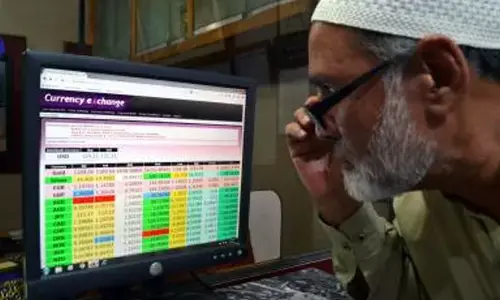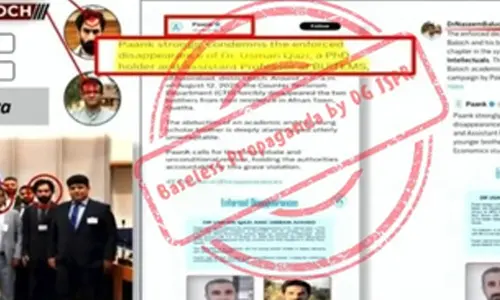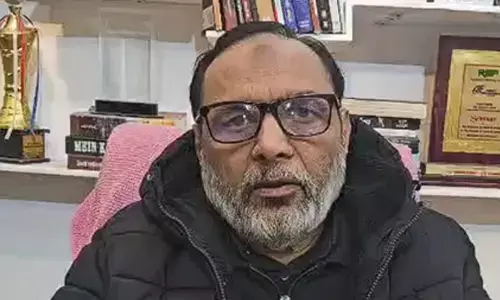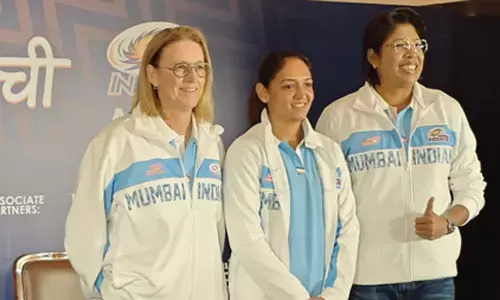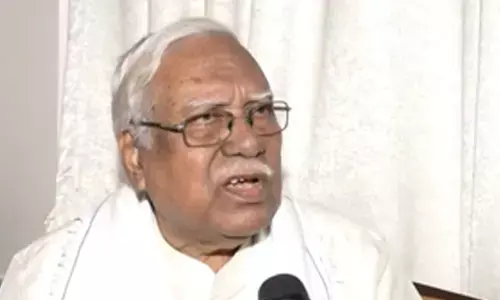The rising burden of dengue in India
Share :
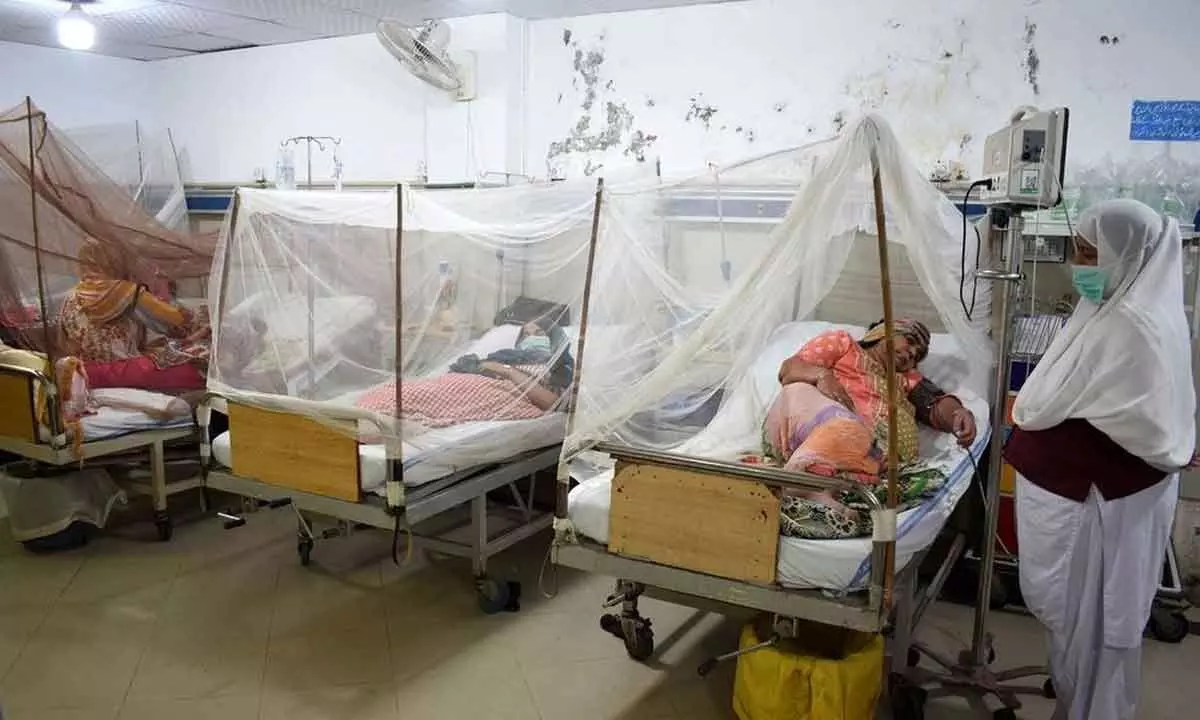
Rising temperatures, unprecedented floods, and challenges in public health infrastructure are all contributing to the rising burden of dengue in India, said experts on Wednesday, ahead of National Dengue Day. National Dengue Day is observed every year on May 16.
The theme this year is ‘Dengue Prevention: Our Responsibility for a Safer Tomorrow.’ Dengue is a vector-borne disease transmitted through the bite of an infected mosquito and is endemic to more than 100 countries.
“Dengue fever’s widespread presence in India can be attributed primarily to the region’s climate, which creates an ideal environment for Aedes mosquitoes, the primary vector for dengue virus transmission. These mosquitoes thrive in warm, humid conditions prevalent across many parts of India, particularly during the monsoon season,” said Dr Rohit Kumar Garg, Consultant, Department of Infectious Diseases, Amrita Hospital, Faridabad.
Urbanisation and the density of the human population also facilitate the rapid spread of the virus. “The rising burden of dengue in India reflects these conditions, alongside challenges in public health infrastructure to control the spread and manage outbreaks effectively,” Dr Rohit said.
According to the experts, the transmission of dengue is closely associated with three key factors: Rainfall, humidity, and temperature which dictate the geographies in which it spreads and the transmission rate. “Unpredictable rains, coupled with rampant construction and inadequate drainage systems, create stagnant water pockets that are ideal breeding grounds for mosquitoes,” Dr. Divya Gopal, Internal Medicine, Sir HN Reliance Hospital and Research Centre, told IANS.
“Rising temperatures and unprecedented flooding have also encouraged the spread of mosquitoes well beyond their traditional breeding grounds, bringing dengue fever to areas never before threatened by these debilitating illnesses,” she added. Despite the challenges, progress has been made, particularly in the development and implementation of strategies for vector control in India, which can be seen in the declining cases and death rates.
As per the data from the Health Ministry’s National Vector Borne Disease Control Programme (NVBDCP), dengue claimed 91 lives and affected 94,198 people in the country in India in 2023 -- a marked decline from 1,93,245 cases and 346 deaths in 2021.However, in 2022, the cases declined (23,3251) but deaths rose (303).
Meanwhile, the World Health Organisation (WHO) has prequalified two dengue vaccines -- Japanese drug maker Takeda’s live-attenuated TAK-003 and Sanofi Pasteur’s CYD-TDV.
“These vaccines offer hope for reducing the incidence of dengue, although their effectiveness depends on broader strategies including vector control, public awareness, and robust surveillance systems to monitor and respond to outbreaks efficiently,” Dr Rohit told IANS.
The World Health Organisation (WHO) on Wednesday announced that it has prequalified Japanese drug maker Takeda’s dengue vaccine. The live-attenuated TAK-003 vaccine is the second dengue jab to be prequalified by the WHO. It contains weakened versions of the four serotypes of the virus that cause dengue, the WHO said. Previously, the WHO prequalified the CYD-TDV vaccine for dengue developed by Sanofi Pasteur. The UN health body recommended the use of TAK-003 in children aged 6-16 years in areas with high dengue burden and transmission intensity. The vaccine should be administered in a 2-dose schedule with a 3-month interval between doses, it noted.
“The prequalification of TAK-003 is an important step in the expansion of global access to dengue vaccines, as it is now eligible for procurement by UN agencies including UNICEF and PAHO,” said Dr Rogerio Gaspar, WHO Director for Regulation and Prequalification, in a statement. He called for more vaccine developers to come forward for assessment to “ensure vaccines reach all communities who need it”.
What the country urgently needs
“Diseases both infective like tuberculosis, malaria, hepatitis etc are in abundance and non-infective like diabetes with its complications, heart diseases, lung diseases like Chronic obstructive pulmonary disease (COPD), and bronchial asthma are on another spectrum,” added Ajay Agarwal, Director-Internal Medicine, Fortis Hospital, Noida. Common risk factors contributing to many of these include poor diet, physical inactivity, smoking, alcohol consumption, environmental pollution and economic disparities.








